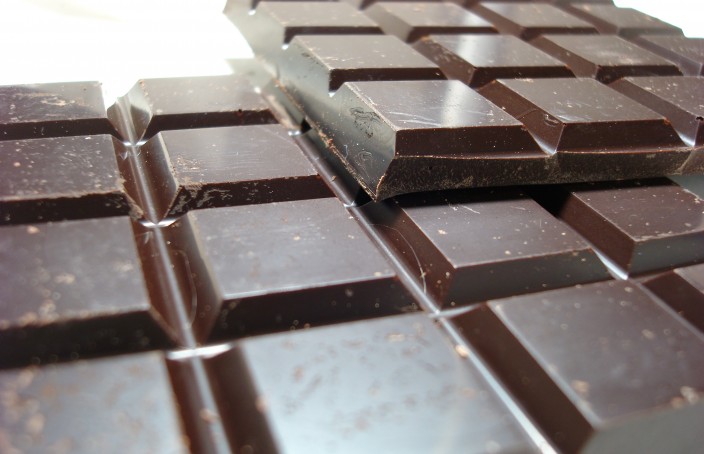Reporters across the world were duped by a German journalist who reported that chocolate will help you lose weight. But how did he do it?
The man at the centre of the hoax is John Bohannon, whose researcher name was Johannes Bohannon.
On March 29, a press release in the Institute of Diet and Health (a made up website of which Bohannon was listed as the research director) “revealed” that chocolate accelerates weight loss when combined with a low-carb diet.
Bohannon and a colleague conducted a 100 per cent authentic study: it was just riddled with meaningless results, and, as Bohannon told io9, “terrible science”.
The study
15 participants, aged between 19 and 67, were recruited and screened for health problems. They were then measured for 18 different factors, such as sodium, weight and cholesterol. “If you measure a large number of things about a small number of people, you are almost guaranteed to get a “statistically significant” result,” said Bohannon.
They were divided into three groups: one low-carb group, a group that ate low-carb along with 42 grams of dark chocolate per day and a third group that acted as controls. Every morning for three weeks, the participants weighed themselves, which was followed up with a final round of questionnaires.
The low-carb with chocolate group lost 10 per cent more weight than the low-carb group, also reporting better sleep and lower cholesterol levels.
Within 24 hours, and having faced no peer review, Bohannon selected the International Archives of Medicine, an online open-access journal, as their publication of choice. It was even referred to by their CEO, Carlos Vasquez, as an “outstanding manuscript”.
The press reaction
A German television reporter named Peter Onneken, who devised the con alongside collaborator Diana Löbl, set about writing the aforementioned press release, first in German, then in English.
Soon after, German tabloid Bild released their front page coverage of the story under the headline: “Those who eat chocolate stay slim!” In the UK, the papers to bite included the Daily Mail, Daily Express and Irish Examiner. Even Diabetes.co.uk was duped.
However, as Business Insider point out: “While the study did indeed find a statistically significant effect on weight loss, it was designed to do exactly that. They were statistically more likely to find what looked like a significant effect but was actually a fluke.”
The story behind the con
Bohannon, a journalist himself, wanted to expose the hurried, headline-driven nature of science journalism. “Readers just can’t get enough stories about the benefits of red wine or the dangers of fructose,” he explained.
Some readers may base their dietary changes on ever-changing scientific information, so it is the responsibility of journalists, as the last line of the peer-review system – especially when a journal is hailing a study as scientifically valid – to scrupulously analyse the study for implausibility and inaccuracy.
Bohannon, who has a PhD in the molecular biology of bacteria, was approached by Onneken and Löbl to demonstrate the simplicity of turning bad science about the diet industry into recognised diet fads. He was selected due to his history of successful scientific pranks.
While many established journalists fell afoul of Bohannon’s results, some readers didn’t, with one commenting “Every day is April Fool’s in nutrition” underneath the Daily Express story on April 4.
The nature of bad reporting
It pays to be sceptical if you’re a reader, journalist or journal when it comes to science journalism, especially relating to diets. This is also the case with diabetes.
From “Sunshine can slow weight gain and diabetes symptoms” to “Can poop prevent diabetes?”, there are many examples of bad reporting in diabetes, regardless of whether they may be some scientific integrity in the original findings.
One could argue that there is enough confusion in diet science without Bohannon piling further convolution into proceedings, but his message is clear enough: Don’t believe everything you read.
No-one should make major dietary changes based on media headlines, regardless of how sensational or convincing they are, as doing so may not only be pointless, or wrong, but it could end up having adverse effects on your health.
What are some of the more sensational headlines regarding diet or diabetes you have seen in the media? Let us know in the comments section.



